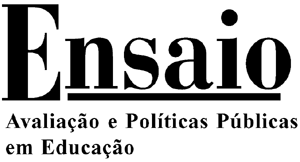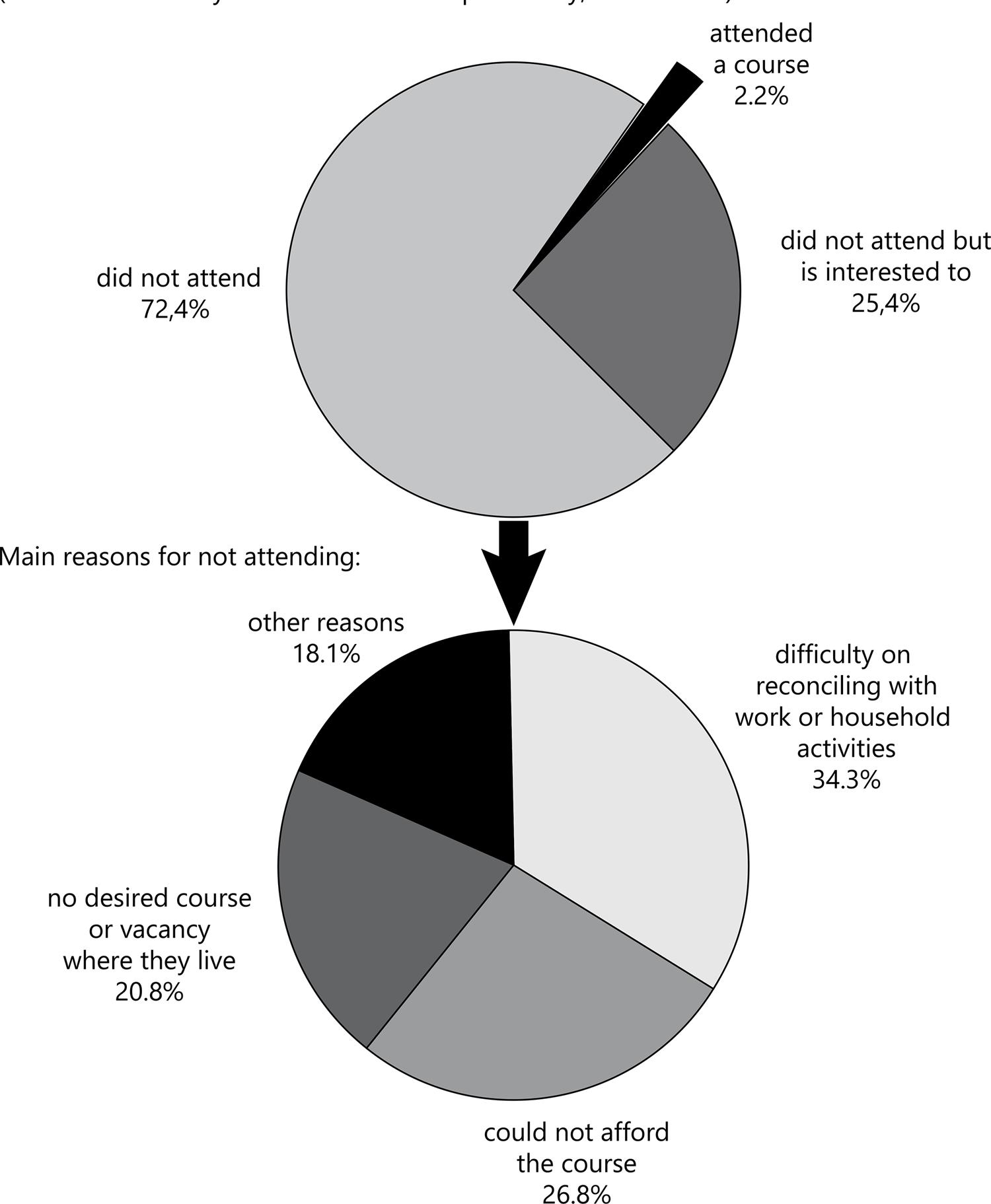Abstract
The digital era highlights industrial advances, changes in the labor market, and in the educational system. This study investigates these factors through analytical indicators such as the workforce, education, and innovation in Brazil within a global context. It is a qualitative exploratory research that enables a reflection on the relations between the workforce and technological education for the skilled labor. The database used includes documentary data from the literature and data from census surveys in Brazil and abroad. Data indicate that Brazil is significantly delayed in the digital industry, human capital, and research – behind all the other BRICS countries (Russia, India, China and South Africa) in terms of innovation. About 11 million people aged 15–29 are not working and are not enrolled in high school, college, technical course, or vocational qualification. The number of students aged 15 to 19 years old attending technical courses is still around 9%. The network of national technical institutes is key for the rapid recomposition of the skilled labor with regard to industry. The Brazilian economy needs to grow to strengthen both the digital industry and research. Public policies need to heed the advice regarding the link between technical education and industry. This is equally important for the success of the Brazilian Agenda for Industry 4.0.
Digital transformation; Workforce; Technological education; BRICS

 Innovation in the digital era: new labor market and educational changes
Innovation in the digital era: new labor market and educational changes


